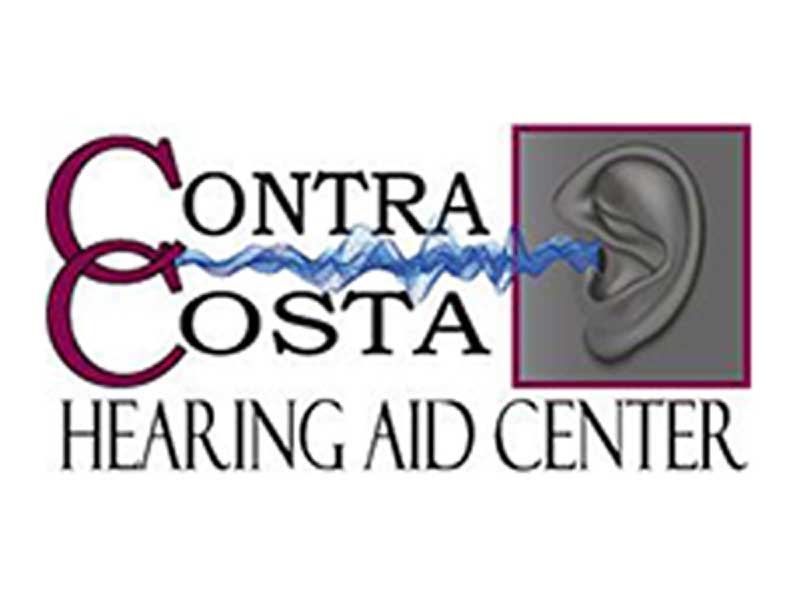According to data from the National Institutes of Health (NIH), out of every 1,000 babies in the United States, 2 to 3 are born deaf or with impaired hearing abilities. Children can experience hearing loss as the result of congenital factors, because of a middle ear infection called otitis media, or it may be acquired as the result of injury, very loud noises, certain medications, and illnesses such as chickenpox and measles. Early hearing screenings are important to detect hearing loss, because the sooner it is found, the greater the child’s chances to develop their full potential.
Fortunately, there are a number of indications of possible hearing loss that you, as a parent, can watch for. In babies, such signs include the child failing to be startled by loud noises, turning his or her head when he sees you but not when you call his or her name, not turning toward the source of a sound after the age of 6 months, or seeming to hear some sounds, but not others.
Children with otitis media may also pull or rub at their ears, become listless or inattentive, have fevers, complain of ear pain, often do not understand instructions, and may ask for the TV to be played louder. Other warning signs are if your child uses the words “huh?” or “what?” many times a day, has difficulty locating the source of sounds, or watches people’s faces carefully as they are speaking. As children get older, even mild hearing loss may cause delays in speech and language development and can lead to learning problems once the child starts school. It may also create emotional or behavioral problems.
This is the reason that many states have instituted mandatory early hearing screenings, using tests that are completely painless, and that can be conducted even on babies. Children are never too young to have their hearing tested, because the sooner hearing problems are identified, the sooner they can be corrected. So give us a call. We’d be happy to schedule a hearing screening for your child or children and to help if any hearing problems are found.
